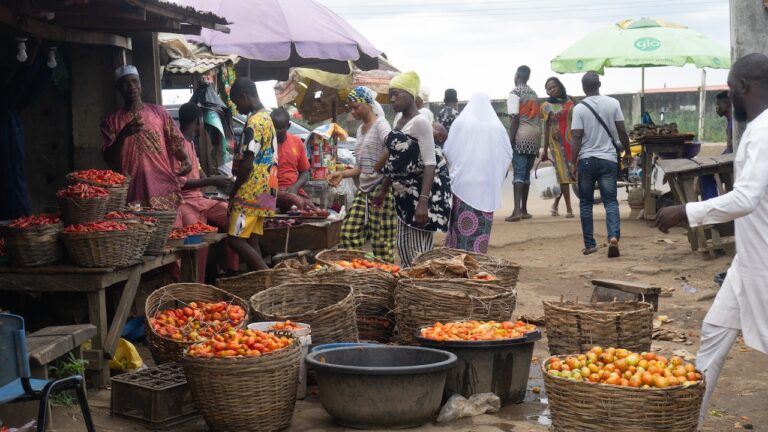The water-energy-food nexus – an intersectoral approach to resource efficiency
Ritu Thakur from CDKN-Asia and ICLEI-Local Governments for Sustainability South Asia describe how an inter-sectoral development approach in Nashik, the “backyard of Mumbai”, is helping meet people’s growing needs for water, energy and food.
Is it possible to reduce the use of resources in our urban food, energy and water systems, and at the same time stimulate local development and the economy? Nashik, India shows that a nexus approach – an intersectoral approach to sector specific problems – could be the answer.
Water, energy, and food systems are complex interconnected systems that are put under tremendous pressure by rapid urbanization along with population and economic growth. Decision-makers in cities are called upon to address such issues, while at the same time ensuring sustainable access to land, resources and basic services for residents. With climate change adding to the existing pressure, local leaders are realizing the importance of an integrated water-energy-food nexus approach.
Recently ICLEI South Asia piloted a project that, through the nexus approach, shows the importance of inter-linkage and multi-sectoral engagement to address some local challenges.
The pilot was implemented in Nashik, a city located in the northwestern part of the state of Maharashtra, India. Known as both the ‘Backyard of Mumbai’ and the ‘Wine Capital of India’, Nashik contributes to the economy of the state through its vegetable and fruit supply industry that serves Mumbai and the rest of the country. Nashik’s agricultural industry demands large amounts of energy-intensive pumped groundwater, which has decreased the availability of table water and increased the consumption of energy, creating a cyclical challenge.
With the aim of applying an intersectoral lens to sectoral approach, Nashik and ICLEI implemented four initiatives to evaluate agricultural pumpsets’ performances, including a groundwater recharging system, mapping local biogas potential, and promoting agro-education in schools. The pilot trained farmers on the most energy-efficient pumps, their proper operation and maintenance, and the economic benefits of using less energy. Further, the project explored the challenges and opportunities of utilizing the biogas’ slurry for fertigation.
These initiatives resulted in a systemic approach that enabled a reduction in electricity consumption and fossil fuel dependency, as well as more stable water availability. These results and the importance of resource efficiency were also brought to local schools through lessons.
Connecting decision-makers across boundaries
Resource and ecosystem boundaries often transcend administrative boundaries and require intensive coordination across actors and institutions. During the course of the project, stakeholders from different sectors and various levels of government worked together to achieve this integrated approach. Through this multilevel governance exercise, stakeholders came to deeply understand and recognize the importance of the nexus approach.
In India, political commitment also plays a key role for the local implementation of any project. Relevant political and administrative stakeholders should be engaged in all major project decisions to ensure continuous support and leverage local knowledge to understand potential challenges and opportunities of implementation in different parts of the city.
The web of interdependencies and complexities between water, food and energy requires well-informed decision-making that considers the implications on all sectors and stakeholders, from policy-makers to communities.
Fragmented sectoral mandates and responsibilities and lack of horizontal and vertical coordination challenge inter-sectoral approaches, and inconsistencies between rules and regulations can lead to counterproductive incentives. Yet, political and administrative decision-makers need to consider the impact of their decisions on the involved sectors, including conflicting demands if they want to simultaneously achieve water, energy and food security.
This article appeared originally on CDKN and ICLEI South Asia







